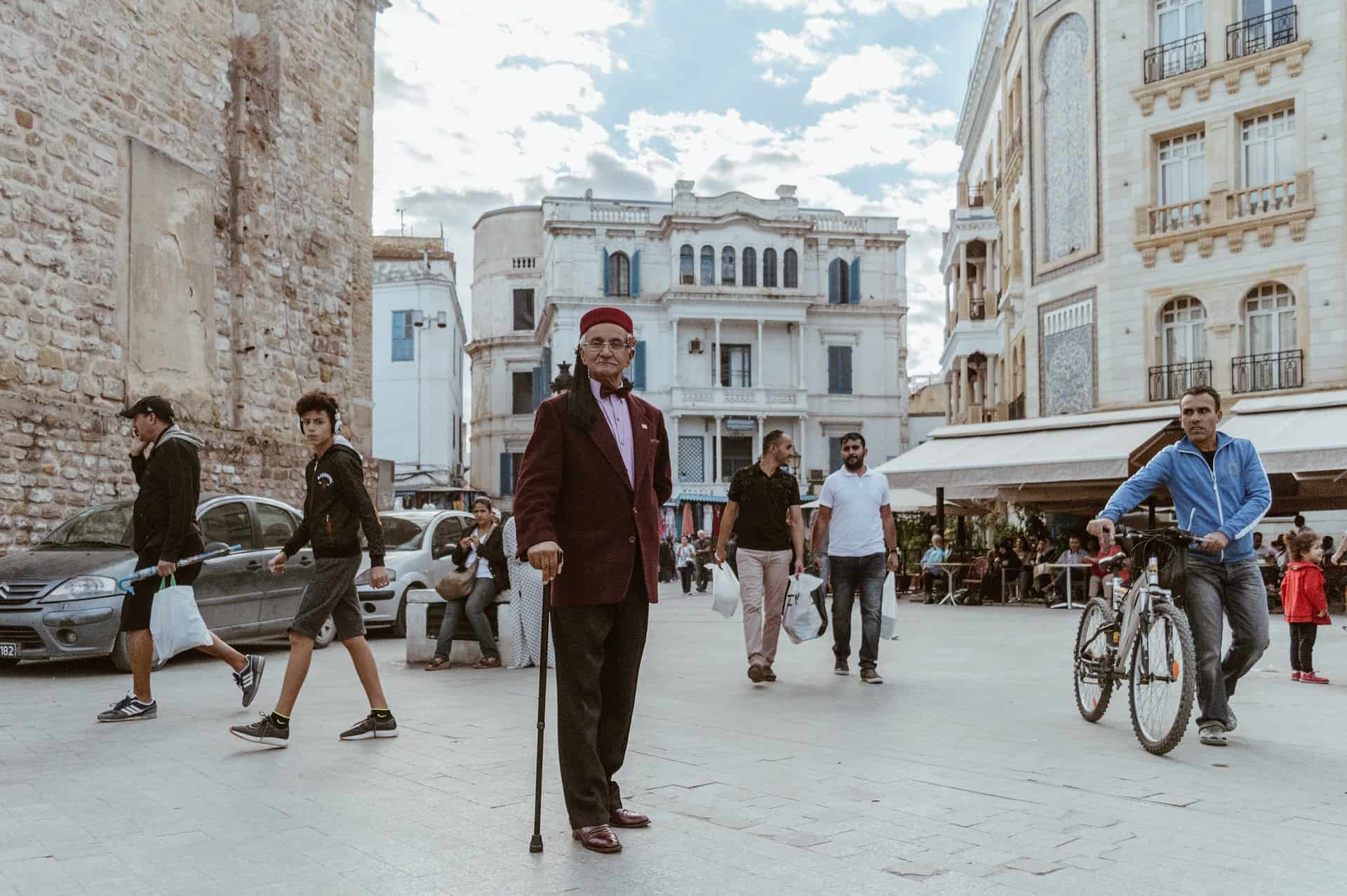Tunisia on Saturday, January 1, launched a wide-ranging national consultation that will feed into drafting a new constitution, the North African country’s technology ministry said.
Part of a reform package pushed by President Kais Saied, who is seeking to bolster his authority, the exercise calls on citizens to send in suggestions and will last until March 20.
Eligible topics include electoral, economic, financial, social, developmental, health, education and cultural affairs.
The constitutional referendum is planned for July 25, 2022 — exactly a year after Saied sacked the government, suspended parliament and seized wide-ranging powers.
His power grab was initially supported by many Tunisians, amid frustration surrounding repeated deadlocks within the fractious legislature in recent years.
The president later took steps to rule by decree, and in early December vowed to press on with reforms to the political system.
The consultation — dubbed “Your opinion, our decision” — is initially targeting youth centers through an electronic platform across the country’s 24 regions, the technology ministry said.
“The platform will be open to everyone from January 15,” it added.
Citizens will alternatively be able to give their views in local committees, since only 45 percent of Tunisian homes are connected to the internet.
Critics have said the move underlines the “populist” approach of the president, who won elections in 2019 with a landslide 73 percent of votes.
Saied’s one-man crusade to rebuild Tunisia’s broken political structures has sparked accusations that he is establishing a new autocracy in the birthplace of the Arab Spring uprisings.
Rights groups have pointed to military trials of opposition figures on charges such as “insulting the president”.
A senior official of Islamist-inspired Ennahdha — one of the country’s main political parties — was arrested by plainclothes officers on Friday.
The party decried Noureddine Bhiri’s arrest as “a kidnapping and dangerous precedent marking the country’s entry into a tunnel to dictatorship”.








